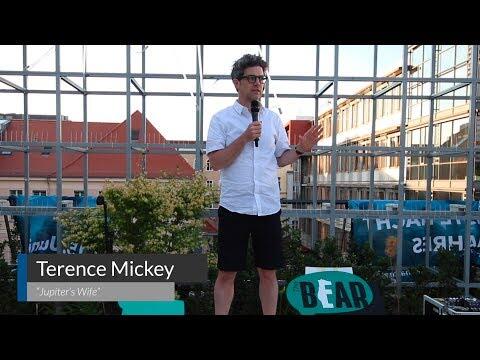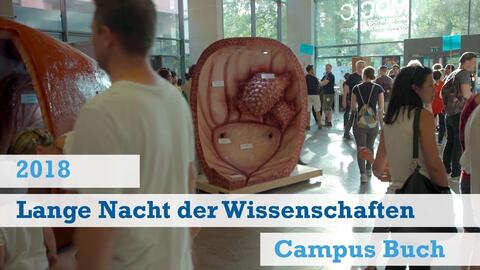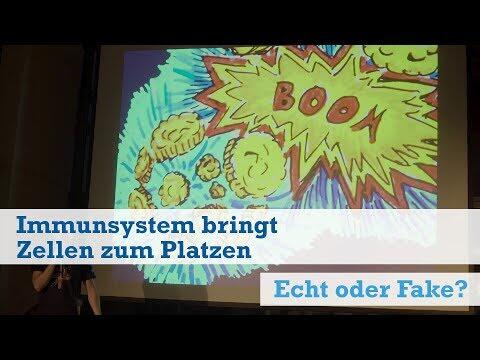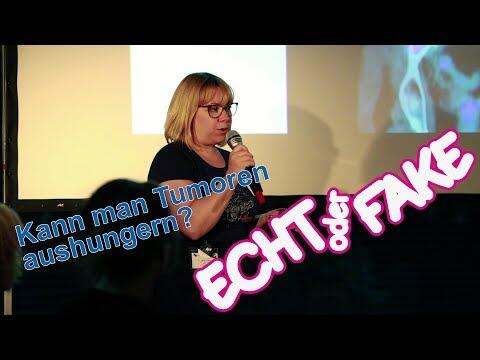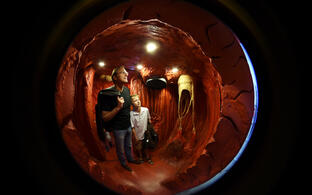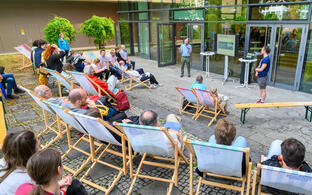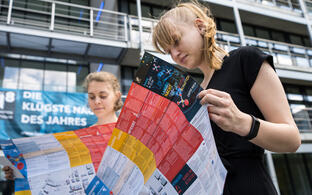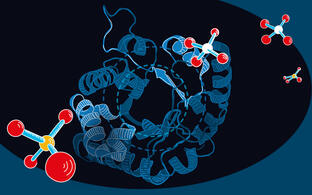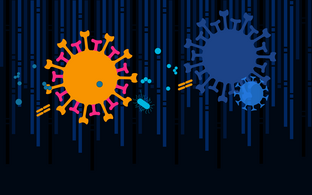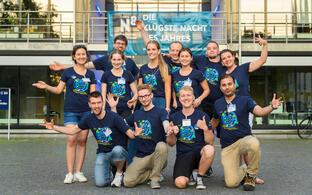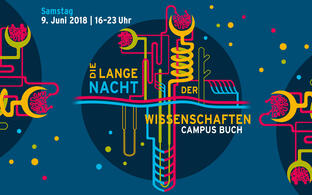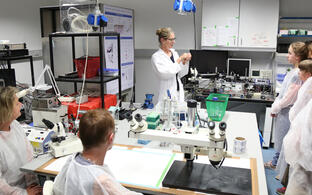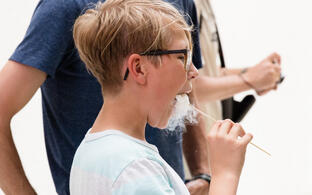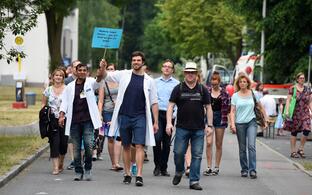
Long Night of the Sciences
Visit us on June 6, 2026
Long Night
We show you things and places that are otherwise only accessible to our scientists: At the Long Night of Sciences, we open our laboratories and buildings on June 6, 2026 – like many other scientific and science-related institutions in Berlin.
The event is made for science enthusiasts of all ages, there are:
- laboratory tours
- hands-on experiments
- lectures
- science shows
- ... and much more
More details will follow.
The Long Night of Sciences takes place once a year on a Saturday in June. With our locations on the Buch Campus and in Berlin-Mitte we participated on June 6, 2026.
© Header: elekktronaut x studio gid
Retrospect
Videos
